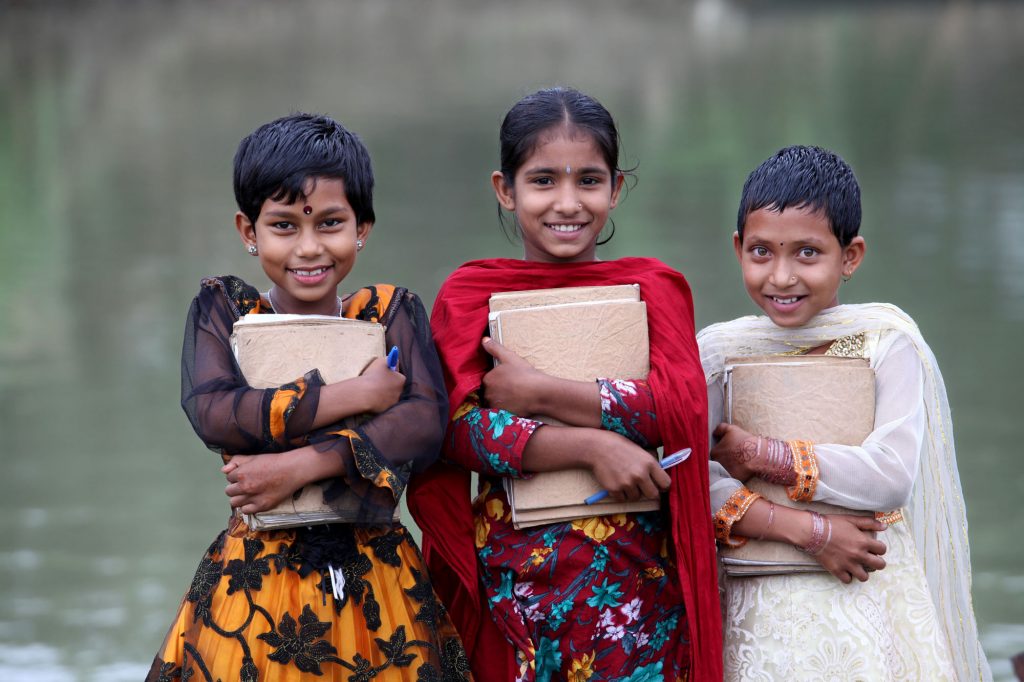
ETU Foundation wants to “mobilize vulnerable, deprived and risk communities and assists them to form grass root level institutions and building their capacities to fight collectively against their poverty through improving their basic and human rights that would lead them for food security with social and economical empowerment”.
ETU Foundation has intended to change positively the social and economical structure from traditional pattern to modern style that would enhance the deprived people’s access to national or community resources pool with its perfect utilization when needed for their lives for which following objectives are being outlined.
- To develop and design the development programs interventions those could change the vulnerable peoples’ lives from negative condition to position condition.
- To ensure peoples participation for outlining development programs with local or community resources mobilization where deprived communities will lead the development program implementation wheels and ETU Foundation will play the facilitation roles with communities where they have intended to work for.
- To facilitate the communities for peoples’ centered advocacy at local, regional and national level for making policies in support of enjoying their basic and human rights engaging service providers from different sources.
- To assist and work for alliance building with likeminded organizations, communities, CBOs and other organizations that would create development fields for the betterment of vulnerable and deprived communities
- To ensure gender equity for designing any type of development program interventions that would promote female participation.
- To consider environmental and climate change issues for developing any type of development program interventions that would protect and promote food security, community health and diseases and nutritious and residual settlement for poor, vulnerable and risk communities
- To consider the rural risk reduction and disaster and economic resilience while designing any type of program interventions.
- To prioritize the basic education, HIV; safe water, sanitation and hygiene promotion, forestation, child health, women health, reproductive health and other vital issues for community development approach
- To assist communities while they experience any type of disaster by providing necessary support required for.
